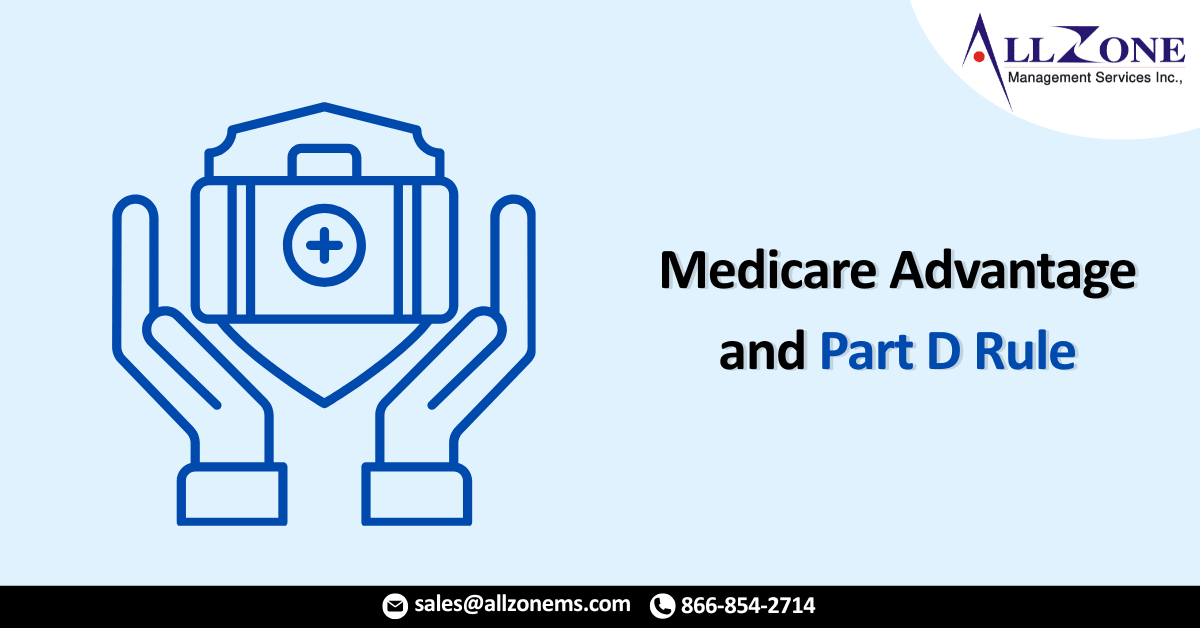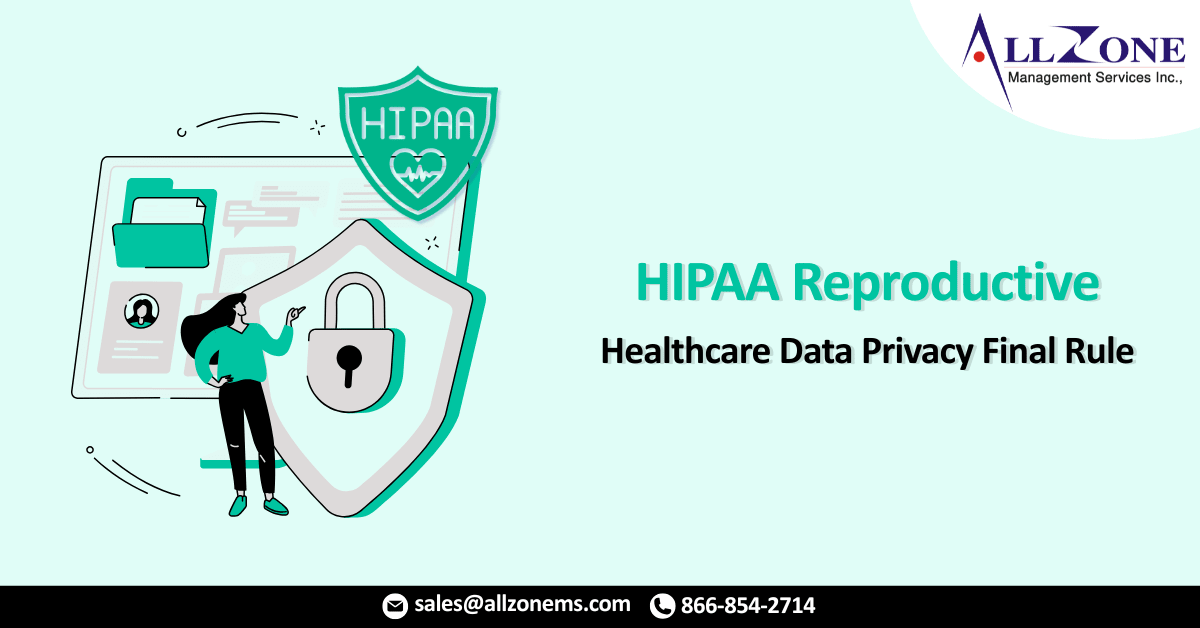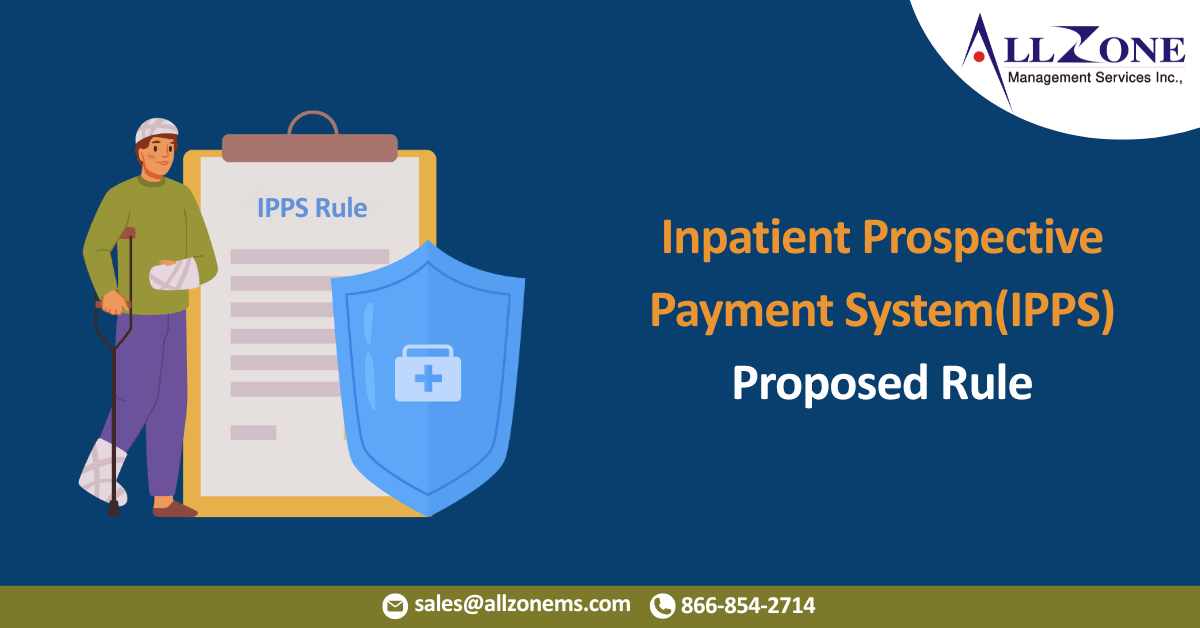On April 4, 2025, the Centers for Medicare & Medicaid Services (CMS) issued the Medicare Advantage & Part D Final Rule for the 2026 contract year (CY) concerning the Medicare Advantage (MA) program, the Medicare Prescription Drug Benefit Program (Part D), the Medicare Cost Plan Program, and Programs of All-Inclusive Care for the Elderly (the […]
The final rule issued by the Biden administration aimed to bolster the privacy of reproductive healthcare data under HIPAA, a significant move following the Supreme Court’s overturning. Health and Human Services (HHS) officials hoped this rule would alleviate the “chilling effect” on individuals seeking or providing legal reproductive healthcare, stemming from both legal challenges and […]
The Centers for Medicare & Medicaid Services (CMS) has unveiled its Fiscal Year (FY) 2026 IPPS Proposed Rule, which outlines significant updates to three key Medicare hospital quality initiatives: the Hospital-Acquired Condition (HAC) Reduction Program, the Hospital Readmissions Reduction Program (HRRP), and the Hospital Value-Based Purchasing (VBP) Program. These proposed changes, outlined in the IPPS […]
Claim denials cast a long shadow over hospital finances, eroding revenue cycles, inflating administrative burdens, and ultimately jeopardizing the institution’s financial stability. While some denials are unavoidable, a powerful and forward-thinking Hospital Claim Validation strategy can dramatically reduce their frequency. This approach emphasizes embedding accuracy and compliance at every touchpoint of the patient journey and […]
This post dives into the top E/M coding tips that will empower your team to accurately capture the level of service provided, optimize revenue, and navigate the intricate landscape of compliance with confidence. 1. Embrace the 2021/2023 E/M Guidelines for Office/Outpatient Visits (99202-99215): The significant changes introduced in 2021 and further refined in 2023 for […]
Turning submitted medical claims into actual payments is a crucial phase for any healthcare practice. The time it takes to receive these payments directly impacts your financial health and operational efficiency. To maintain a healthy revenue cycle, it’s essential to reduce AR turnaround time and aim to clear your Accounts Receivable (AR) within a 30-day […]
Claim denials remain one of the biggest challenges healthcare providers face when it comes to maintaining consistent revenue and smooth operations. While some common causes like incomplete documentation and incorrect patient information are well-known, there are still many lesser-known or overlooked reasons medical claims get denied. In this article, we’ll explore five more reasons why […]
Outpatient care has become a cornerstone of modern healthcare, thanks to technological advancements, patient preferences, and cost-effective treatment models. As outpatient services expand, so do the administrative and financial complexities behind the scenes. Revenue Cycle Management (RCM) for outpatient care is no small feat — it involves managing patient scheduling, insurance verification, coding, billing, and […]
Navigating the complexities of denials management can feel overwhelming for revenue cycle leaders seeking effective solutions. Instead of chasing quick fixes, a structured, methodical approach is essential for building a sustainable and impactful denials management strategy. Implementing a Robust Denials Management Solution is key to achieving this, as it provides the necessary framework for a […]
In the intricate ecosystem of healthcare, where patient well-being and financial viability intertwine, accurate medical coding stands as a cornerstone. Physicians, while primarily focused on patient care, bear the ultimate responsibility for the documentation that underpins the billing process. To ensure accuracy and compliance, Medical Coding Audits for Physicians are essential in identifying potential errors […]










